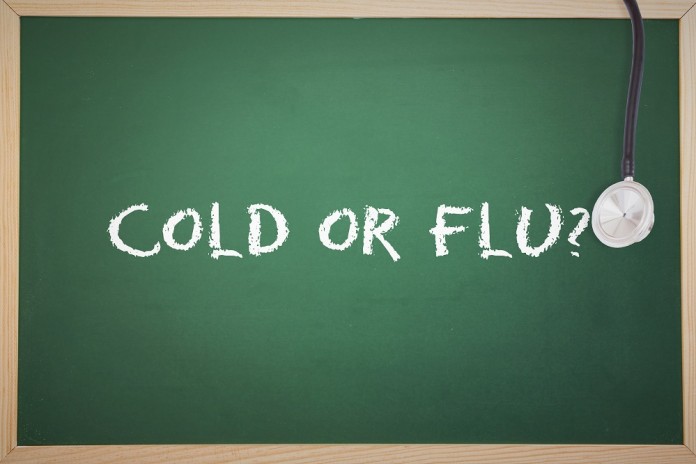Abstract:
Colds and flu are viral infections. If you happen to be very unlucky and get the flu, take a break, rest up, and go to your doctor only if your symptoms persist.
Do not take antibiotics–they are not effective against viral infections.
Main Article:
It’s that time of year again. When it seems like everywhere you turn, someone is coughing, sneezing and/or blowing their nose, and then touching the very same doors that you will also have to touch to get off of the bus. Yes, cold and flu season is here. There are lots of things you can do in an attempt to prevent getting the flu in the first place such as washing your hands, taking extra vitamins, and getting the flu shot. However in the (entirely likely) event that these measures fail you and sickness prevails, you can still do your part for public health. If you only heed one piece of advice this winter, let it be this: don’t go to the doctor for your cold and/or flu. At least not right away.
A virus is not the same as a bacterium
The seasonal flu is caused by the influenza A virus and the common cold can be caused by any of the 100 different viruses, with the most common being the rhinovirus. The key here is that both cold and flu are viral infections, as opposed to bacterial infections that cause conditions like strep throat and are often treated by antibiotics. Antibiotics target cellular processes which are specific to bacterial cells and in this way, kill off the bacteria causing the infection while leaving your human cells alone. A virus is not the same as a bacterium. While all scientists agree that bacteria are living organisms, viruses cannot easily be classified as living or non-living. Viruses are microscopic infective agents which carry instructions for how to replicate and survive. However, a virus cannot replicate on its own. It requires a host cell and the virus then uses its instructions to take over the host cell’s machinery and replicate. What is important to note is that the host cell for a virus is a human cell; it takes over a human cell and turns it into a virus factory before eventually killing and breaking open the cell to release the newly assembled viruses. As mentioned previously, antibiotics target bacterial cells specifically and leave human cells alone. Because of this specificity, antibiotics will have no effect on viral infections.
If it is a viral infection,
it should run its course naturally within a week or two
So the next time you’re about to head to the walk in clinic for your runny nose, dry cough, or what you suspect may be the flu, think twice. If it is a viral infection, it should run its course naturally within a week or two. If your symptoms persist or take a sudden turn for the worse, then see your doctor. But unfortunately, you may just have to suck it up, take some time off work, and rest. Welcome to cold and flu season.
References:
- http://www.merckmanuals.com/home/infections/viral-infections/overview-of-viral-infections
- http://familydoctor.org/familydoctor/en/drugs-procedures-devices/prescription-medicines/antibiotics-when-they-can-and-cant-help.printerview.all.html
- https://www.nlm.nih.gov/medlineplus/bacterialinfections.html#cat78












